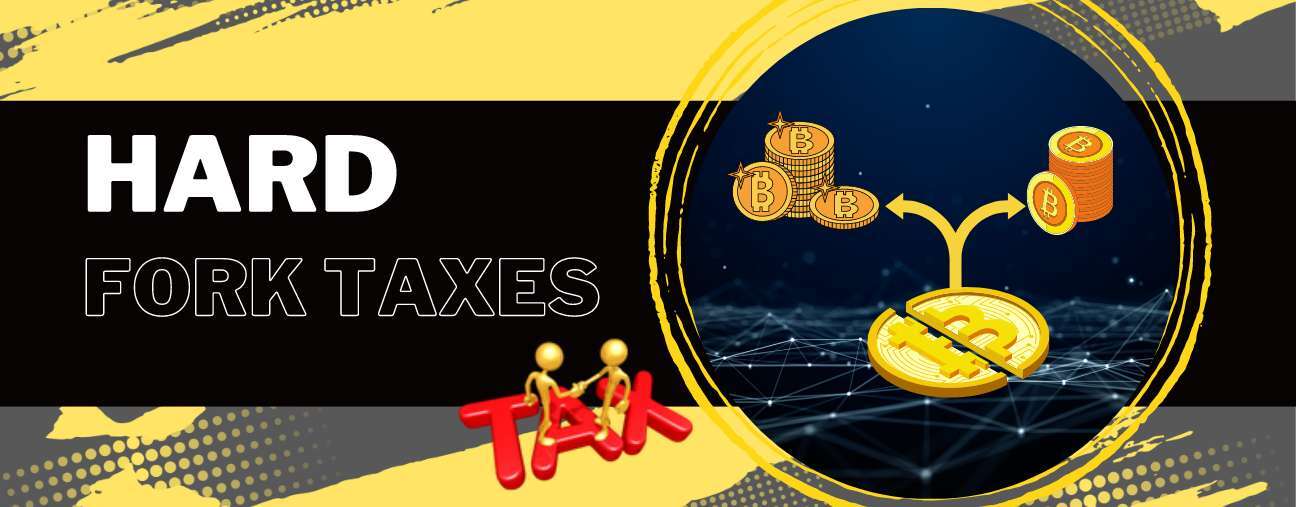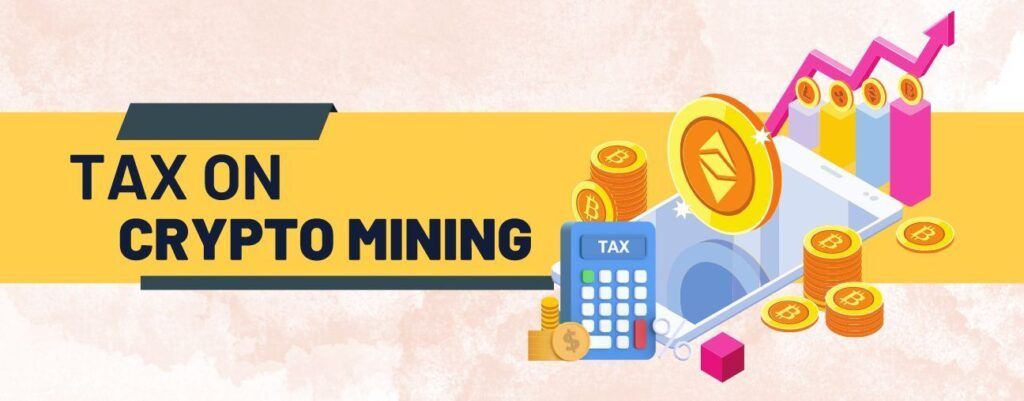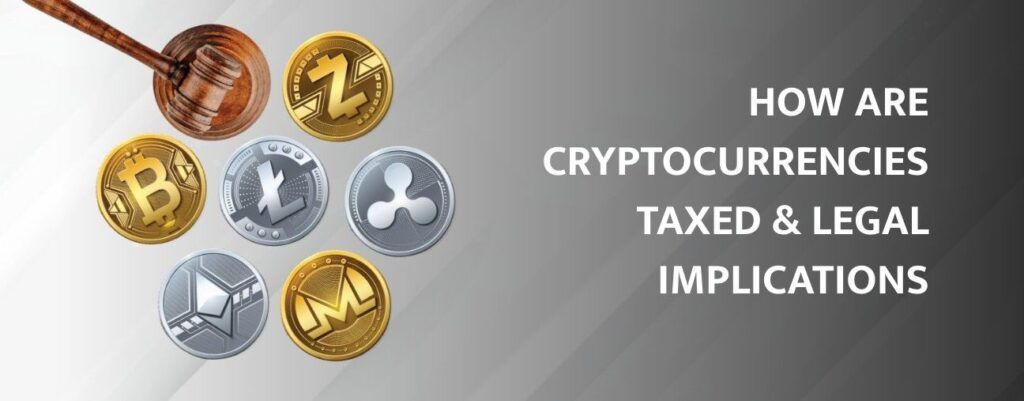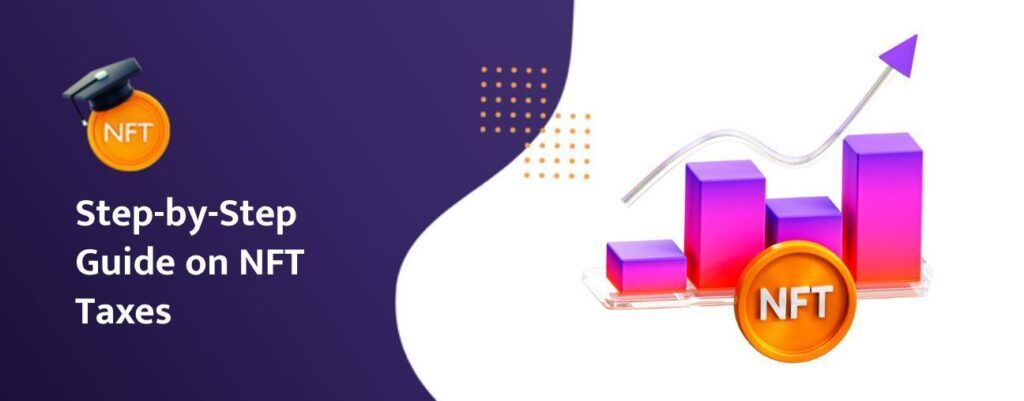Summary : A ‘hard fork’ in the cryptocurrency realm is when a blockchain’s programmers elect to veer off in another direction. This involves essentially changing the coding rules, which then has far-reaching consequences throughout the impacted blockchain network. By leveraging the blockchain’s unique properties, a ‘fork’ in the chain can create two versions of the associated cryptocurrency. The ‘new’ version typically offers some benefits over the old one; for example, it might be faster or more secure. Let’s dive deeper into understanding what hard forks are and how and why they are taxed.
Introduction
With the release of new IRS guidance in October 2019, it is now apparent how cryptocurrency hard forks are taxed in the United States. Hard forks (such as the Bitcoin Cash hard fork) that took place on 1st August 2017, are not at all rare in the cryptocurrency space. Before we get into hard fork taxation, let’s first understand what a fork is and its impact. We will then delve into explaining the latest tax treatment of hard forks in this blog.
Understanding Cryptocurrency Forks
When a blockchain splits into two separate chains, it’s known as a cryptocurrency fork. Hard forks produce networks that are incompatible with one another, whereas soft forks maintain compatibility between the networks. Anyone who had coins on both networks before the fork obtained equivalent amounts of money on each afterward. This can have a major influence on your taxes.
If there is a “fork” in the blockchain, it means that one path follows the new, upgraded blockchain and the other path continues along the old path. After a relatively short time, individuals who rely on the old chain will become aware that their version of the blockchain is out of date or meaningless, and they would swiftly migrate to the newest.
For instance: The bitcoin cash hardfork gave a “free” bitcoin cash coin to anyone who held bitcoin—as long as they were using a reliable wallet or exchange. So, if you had 3 bitcoins prior to the fork on 1st August, 2017, you would’ve received three additional bitcoin cash. And today? Those same three bitcoin cash are now worth more than USD 750 combined.
Reasons That Forks Happen
There are several causes for cryptocurrency forks. The most frequent reason is to add new features, such as the Ethereum blockchain’s transition from proof of work to proof of stake.
Security Risks that Need to be Addressed. Although blockchain software is thought to be secure, there may be some underlying security vulnerabilities that could leave the door open for hackers. To prevent this from happening, a hard fork may need to take place in order to protect the larger ecosystem.
In addition to improving the user experience, it is also essential to update blockchains regularly to address any security risks. Cryptocurrencies are a prime target for hackers due to their digital nature, and with the increasing popularity of DeFi protocols, there is likely going to need to be more focus on blockchain security than ever before.
Hard forks are common ways for people to express their disagreement with a cryptocurrency’s development direction. A fork happens as a result of a difference in opinion regarding the future of a particular currency. If you can’t reach an agreement on what should be done or how difficulties should be addressed, it’s the most frequent method to solve these issues.
Here are some of the many reasons behind a Fork:
- Disagreements: Cryptocurrency maintainers often argue about the project’s direction and end up splitting into two groups. For example, the Bitcoin Cash hard fork occurred because of opposing views on how to scale the network.
- Fix Security Risks: Blockchain software may have inherent security vulnerabilities that need to be fixed before a hacker takes advantage of them. In these cases, a hard fork may be required to protect the larger ecosystem.
- Addition of New Functionalities: Maintainers of cryptocurrencies may want to add new features that are impossible without a fork. The Byzantium hard fork of Ethereum, for example, was necessary to improve privacy and scalability.
- Past Transactions Reversal: Hard fork is a means of undoing previous transactions on a blockchain. This was seen in the case of the Ethereum hard fork to reverse the DAO hack (decentralized autonomous organization.)
How Does The IRS Tax Forks Of Cryptocurrency?
The IRS has addressed fork events in its new cryptocurrency guidance and ruling, 2019-24. When a cryptocurrency’s protocol changes, resulting in a permanent divergent path from the original distributed ledger, it triggers a fork.
If you hold a specific cryptocurrency that undergoes a hard fork and “the resulting currency is not identical to the original,” the new forked coin you receive is taxed as income. Your cost basis in the new cryptocurrency is used to calculate your net profit.
Let’s assume, for example, in July 2017, you owned 2.5 Bitcoin and got 2.5 Bitcoin Cash due to a bitcoin cash fork, resulting in a gain of at least 25% over what it cost when it was received (2.5 BTC).
If Bitcoin Cash was selling for $400 a piece on that day, you would earn an average of $1,000 ($400 x 2.5). Your cost basis in this Bitcoin Cash is now $1,000.
If you don’t get any new cryptocurrencies after a fork, you won’t have to pay taxes. A21, A22, A23, and A24 are four of the published names.
Now that we have understood what forks are, how they happen, and how the IRS taxes them, let’s dive into hard forks, in particular, and understand them better.
What Is A Hard Fork?
When a blockchain’s developers decide to pivot, it results in a “hard fork.” This is essentially defined as a programmatic rule change with far-reaching consequences for the blockchain network’s protocol.
Changing the blockchain’s function may create an old and new version of the chain’s associated cryptocurrency. The ‘new’ version of the currency frequently includes some sort of advantage; if, for example, the coding has been modified, it might now be quicker, and more secure.
Many people in the cryptocurrency community will decide whether or not to adopt the new version of the blockchain. If it is more beneficial for its users, then it is usually an easy decision.
Please note that a hard fork is different from a soft fork.
When do hard forks happen?
So, now that we understand what a hard fork is, let’s explore why one would happen. As noted earlier, a common reason for a hard fork to occur is when the programmers of a blockchain want to improve its performance. Hard forks may occur if the makeup of its programming is changed to make it more efficient to utilize, which would have a significant impact on the asset’s operation.
Another cause for a hard fork may be to address any security concerns. Let’s assume that a blockchain is functioning normally until one day a bad actor in the community discovers a bug. In order to resolve the problem, the chain must undergo a hard fork in order to remove this specific security concern.
If they have a governance process in place, crypto hard forks can also occur. A DAO consisting of an asset chain or particular users may vote to change aspects of the existing token, forming an ‘old’ and a ‘new’ version of said asset–which would be classified as a hard fork.
What happens if a person is affected by a hard fork?
The impact on an individual in the scenario of a hard fork is entirely determined by how things have transpired – there is no “one-size-fits-all” solution. Users who are damaged by a hard fork will be given the same quantity of their assets in the newly formed asset. There are other instances where users may only be able to transition to the new protocol because the old one is no longer working. For instance, if an unsuccessful hard fork occurs, those who want to keep using Bitcoin would need to switch to a different software called ‘Bitcoin Cash.’
Hard Fork Example
Do Kwon, the founder of Terra, proposed a governance plan in May 2022 to determine whether or not they should split the protocols after the crashing of Terra blockchain. If it passed, LUNA 2.0 would go live- which it did.
While Terra executives denied that this is a typical “hard fork,” it did follow the norms of one. LUNA Classic would be the name given to the original LUNA coin, while the new Terra blockchain will have a distinct programmatic architecture from its predecessor.
A hard fork happens when two separate chains, each with its own blockchain and coin, are created. Bitcoin is a good example of this. BTC went through a hard fork in 2016, resulting in BTC classic and BTC. The reason for this shift was that users of bitcoin desired larger block sizes. Bitcoin classic increased the block sizes to 2MB in an effort to satisfy bitcoin users who wanted bigger blocks.
The Bitcoin classic block size was doubled to 2MB. In 2017, another fork occurred in BTC, resulting in Bitcoin Cash. This fork was intended to avoid the implementation of other protocol upgrades on the Bitcoin network that some users opposed.
Are hard forks taxed?
The way you’re taxed when it comes to a hard fork obviously varies depending on the taxing guidelines in your specific location. These different Guidelines will be explored more thoroughly in the sections that follow.
Hard fork treatment in the US?
According to the IRS, any new coins received, resulting from a hard fork (for instance, Bitcoin holders receiving Bitcoin Cash) should be taxed as ordinary income and will therefore incur income tax. In order to calculate how much income they’ve ‘earned,’ cryptocurrency users must first determine the fair market value of the coins they receive at the moment of receipt.
IRS Memorandum on Hard Forks
An IRS Memorandum recently released on April 9, 2021 attempts to provide more guidance surrounding cryptocurrency hard forks and the appropriate taxes that should be paid.
The memorandum is explicit about the bitcoin (BTC) and bitcoin cash (BCH) hard fork, which took place on August 1, 2017 at 9:16 a.m. EDT. People who kept BTC were given an equal amount of BCH as compensation for the hard fork. If you didn’t have access to your Bitcoin Cash (BCH) immediately after the fork on August 1, 2017, don’t worry. For example, people who used Coinbase had to wait until January 1 of the following year before they could cash in on their BCH. Users of other major exchanges also had to wait days or weeks before being able to withdraw their newly acquired BCH.
The agreement clarifies that you have a taxable event when you gain dominion and control (the ability to transfer out funds) over the asset received following a hard fork, as opposed to the actual hard fork.
Let’s use an example to demonstrate this. Assume you had 1 BTC on Coinbase on 1st August 2017. You were entitled to receive 1 BCH as a result of the fork. On this day, according to Fortune, 1 BCH was selling for $300. However, you were unable to access your BCH until 1st January 2018. Coinbase let users withdraw BCH on a certain date when the value of BCH was around $2,500.
If this situation plays out, you will be in control of BCH on1st January 2018. You would then have to report $2,500 worth of income on your 2018 tax return as taxable ordinary income. If you had Bitcoins in a self-custodied wallet with complete access to private keys, the taxable event would have happened on 1st August 2017, resulting in taxable income of only $300.
If you participated in the Bitcoin fork, it’s critical to know when your exchange recognized the currency and when you regained sovereignty and control so that you can account for your earnings for tax purposes.
Calculating crypto hardfork tax with CRPTM

With the various and ever-changing rules, calculating taxes on cryptocurrency forks can be difficult. Fortunately, CRPTM is here to help.
The only thing you need to do is import your blockchain transactions from the wallets and exchanges you use into CRPTM. You can API-integrate most wallets for this purpose. If your data is imported, it will automatically tag different transactions – including forks. If not, you can quickly tag individual transactions in CRPTM.
If you live in a country where coinage that results from a hard fork is seen as income, go to your settings and activate the option for treating forks as an income.
CRPTM will calculate your crypto taxes, including any capital gains from forks and any income from forks, once you’ve tagged your transactions and customized your settings to reflect where you reside. You may discover an easy-to-read overview of the tax reports page as well as various tax reports to download and utilize when it’s time to file your taxes using CRPTM.
If you earned money from a fork, you must report it on your tax return. You need to see:
- The fair market value of the new cryptocurrency at the time it was received should be determined.
- Use our cost basis calculator for the new cryptocurrency.
- Determine if you have profited or lost money from the sale of the new cryptocurrency.
- Report the profit or loss on your tax return.
Summarizing
- A hard fork is a type of software upgrade that creates a new blockchain and coins from an existing one.
- The way your government taxes a hard fork income largely depends on your location.
- Some countries consider coins from a hard fork to be Taxable ordinary income when received.
- When you sell, swap, spend, or give these coins in most countries, they will be subject to Capital Gains Tax.
Calculating crypto hardfork tax with CRPTM
If you have any questions about how to report hard fork income on your taxes, you should speak with a tax professional.
And don’t forget to share this blog with your friends and followers – knowledge is power.
Disclaimer: The information presented on this website is intended for general informational purposes only and should not be interpreted as professional advice from CRPTM. CRPTM does not offer financial advice. We strongly recommend seeking independent legal, financial, tax, or other professional advice to determine how the information provided on this website applies to your specific circumstances. CRPTM assumes no liability for any loss incurred, whether due to negligence or otherwise, resulting from the use of or reliance on the information contained herein.





